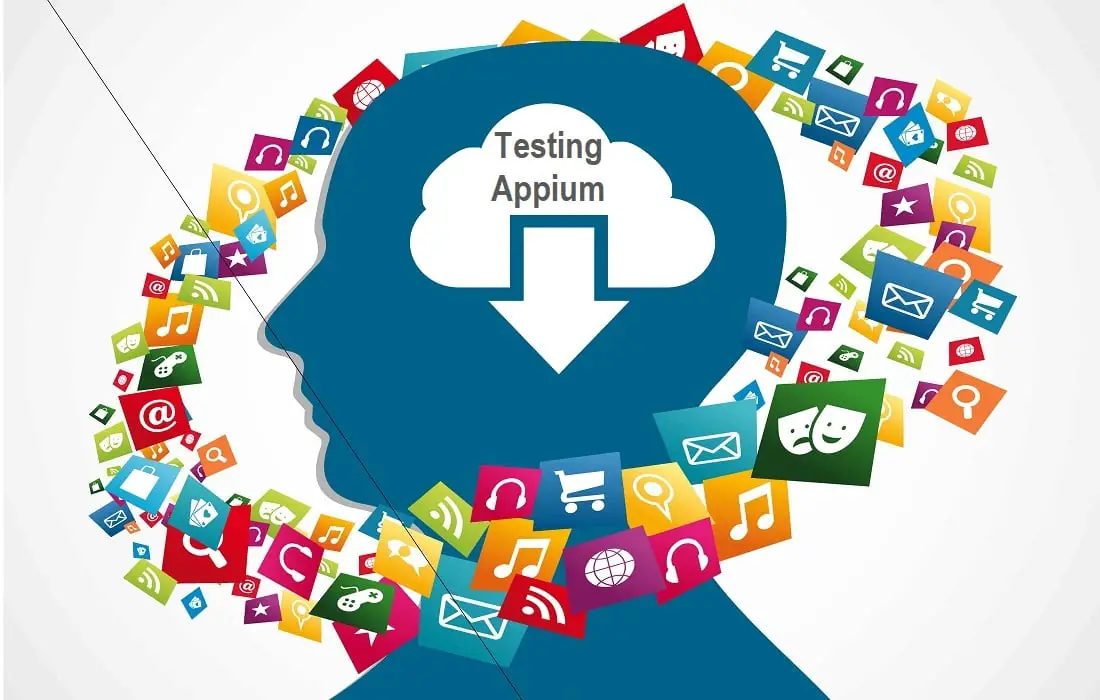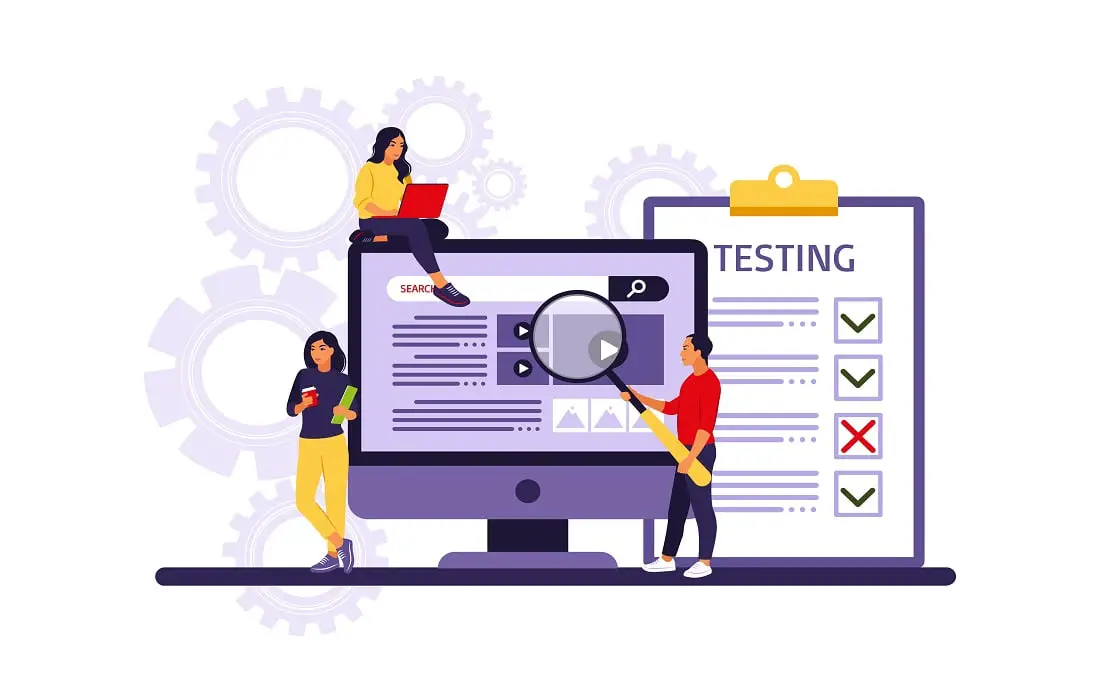Regression testing plays a crucial role in the development of software applications. It ensures that the existing functionality has not been affected by the code changes made in order to update software applications. This signifies the purpose of regression testing, which is to maintain the overall quality of software applications.
To attain its purpose, regression testing requires iterative execution of test cases, and this can be complex as well as time-consuming, especially when regression testing is performed manually. To overcome these issues, automated regression testing came into play. By using automated regression testing, testers, and developers save both time and effort. Also, it increases efficiency and makes the software application robust.
We can benefit the most from regression testing through the use of a test automation tool. Appium is one of the popular open-source test automation tools that can be used for regression testing. It allows testers and developers to write and execute test cases in various programming languages such as Java, JavaScript, Python, C#, and Ruby.
Using Appium on a cloud-based testing platform acts as a powerful approach for testers and developers as it allows testing software applications on various platforms simultaneously, providing a seamless experience.
What Is Regression Testing?
Regression testing is a type of software testing that is performed by the developers and testers when there’s a change in code during bug fixation, the addition of new functionality, or the updation of software applications. These changes result in several bugs and defects and sometimes may also become the reason for the malfunctioning of the entire software application. To fix the detected defects, testers need to re-execute the entire test case suite, and this could be monotonous as well as time-consuming when done manually.
Also, some software applications require frequent execution of the entire test case suite. In such situations, to speed up the testing process, automated regression testing is performed. Automated regression testing will allow testers to develop an efficient, robust, and quality product as per the Software Requirement Specification (SRS). It will also ensure no defect is found during User Acceptance Testing or by the end-users in a real environment.
What Is Appium?
Appium is an open-source test automation tool preferred by most of testers and developers to perform automated regression testing. It is highly preferred due to its ability that allows us to write and execute test scripts in various programming languages such as C#, Python, Ruby, Java, and JavaScript.
Also, Appium supports cross-browser testing with parallel execution, which means we can test multiple test cases of our software application on various browsers and platforms simultaneously. It also ensures different test scripts are not required for different devices and platforms.
Along with this, Appium comes with various tools and packages that enable testers to test and inspect various functionalities of the software application. We can even leverage our test automation framework by integrating it with various other testing frameworks such as Selenium, TestNG, and Cucumber.
Need Of Automating Regression Testing With Appium On Cloud
Automating regression testing is important when it comes to testing the same set of test cases repeatedly. But, conducting automated regression testing with Appium on the cloud can benefit testers and developers in various aspects. Here are a few of them:
- Device And Platform Coverage: To ensure the recent code change has not affected the software application and to provide end users with an effective software application that is according to their specifications, testers must ensure that the software application is working fine on various browsers and browser versions. Here performing regression testing on a cloud platform using Appium gives access to multiple real-device environments where multiple test cases can be executed simultaneously.
- Scalability: Conduct regression testing with Appium on cloud benefits with scalability. This means a large number of test cases can be executed over multiple devices and platforms, simultaneously reducing the overall testing time. This also optimizes test efforts and ensures the quality of software applications even during large-scale regression testing.
- Cost-effectiveness: Regression testing requires an advanced setup with multiple devices to provide a real environment for software testing. The use of Appium on the cloud to perform regression testing can eliminate the need for physical devices, which will save both money and storage.
- Accessibility: Performing regression testing with Appium on the cloud will increase the reach of the software application to all the testers and developers involved in the development of the software application. This means that various testers and developers can access the same software application for testing and development at the same time.
- Faster Time-To-Market: Regression testing requires iterative execution of test cases, and this is time-consuming. So, in order to fasten the process, the use of Appium on the cloud will be the best alternative. This will reduce the overall testing time by performing parallel execution of test cases on multiple platforms, which will, in the end, reduce time-to-market.
How To Automate Regression Testing With Appium On Cloud
Automating regression testing with Appium on the cloud will ensure the end user will receive a software application according to their specification within the expected duration. Here are the steps required to automate regression testing with Appium on Cloud:
- Choose A Cloud-based testing platform: The first step required for performing automated regression testing with Appium on the cloud is to opt for a cloud platform that is most suitable for testing the software application. There are various platforms available such as LambdaTest. It is a cloud-based digital experience testing platform that allows you to test the software application on 3000+ browsers-OS combinations.
This platform integrates with Appium, and you can leverage its true capability in automating regression testing across real devices and browsers. LambdaTest’s cloud-based infrastructure enables parallel testing, empowering you to run multiple regression tests simultaneously. You can also have interactive test sessions in real time using Appium in LambdaTest. This further gives advantages of visual regression testing that will help you to capture the screenshot of the software application.
- Configure Your Appium Environment: Next step is to install and configure all the necessary requirements that, include the installation of Node.js and Appium server to set up a local Appium environment. Along with these, you are required to install tools and packages according to the requirement of the software application that is being developed and is needed to be tested.
- Develop Test Scripts: Once you are ready with your environment, you have to write a collection of test cases that will cover all the critical functionalities and behavior of the software application. This is done so that testing can be done easily without leaving any bugs.
- Define Desired capabilities: In this particular step, you are required to add details regarding the devices, platforms, browser, and browser version required for testing your software application. Along with these, you should also specify the application package and settings required so that Appium can launch the software application on a cloud-based platform with all those capabilities.
- Integrate With The Cloud-based Testing Platform: Now you have to go through the documentation of the chosen cloud-based platform in order to connect your local Appium environment with the cloud-based device so that a communication channel is established between them. Documentation is required because each cloud-based platform is integrated differently with Appium.
- Upload Your Application: Next, you have to create a binary file of your software application, such as APK or IPA, and upload it to the cloud-based platform. This will allow the platform to install and launch your application to the device with capabilities that have been mentioned in the test scripts.
- Execute Regression Test: Once all the setups, installation, and configuration are done, you can now execute your test cases for regression testing of your software application on a cloud-based device. It is considered to perform parallel execution to reduce the total test time.
- Analyze Test Result: After completion of the regression testing, a test report is provided by the cloud-based platform. These are detailed test reports and consist of performance metrics along with logs and screenshots that help you to detect defects.
- Debug And Fix Issues: The next step involves debugging and fixation on other issues in the software application that was detected during test analysis. The information present in the test result is used to make necessary changes in the code and test scripts in order to fix the software application and ensure its functionalities are as expected.
- Schedule And Automate Tests: The final step for conducting automated regression testing with Appium on the cloud is to set up a mechanism that involves CI/CD pipeline. This will ensure that your test cases are repeatedly executed even if there is no defect in the software application. The purpose of this step is to provide a quality software application to the end user with no regression, even after frequent updates.
Conclusion
In conclusion, automated regression testing with Appium on the cloud act as a boon to testers and web developers as it has various benefits and also assures the quality of software applications. This also allows testing the software application on various platforms, browsers, devices, and versions without the need for any physical device, thus making the process cost-efficient. Also, the combination of Appium and cloud-based testing platforms provide scalability, accessibility, and device and platform coverage which reduces the overall testing time.
Finally, we can say that automated regression testing with Appium on the cloud allows testers and developers to optimize the use of resources and reduce their testing time and effort. Hence providing an efficient and effective software application that is quality assured.

